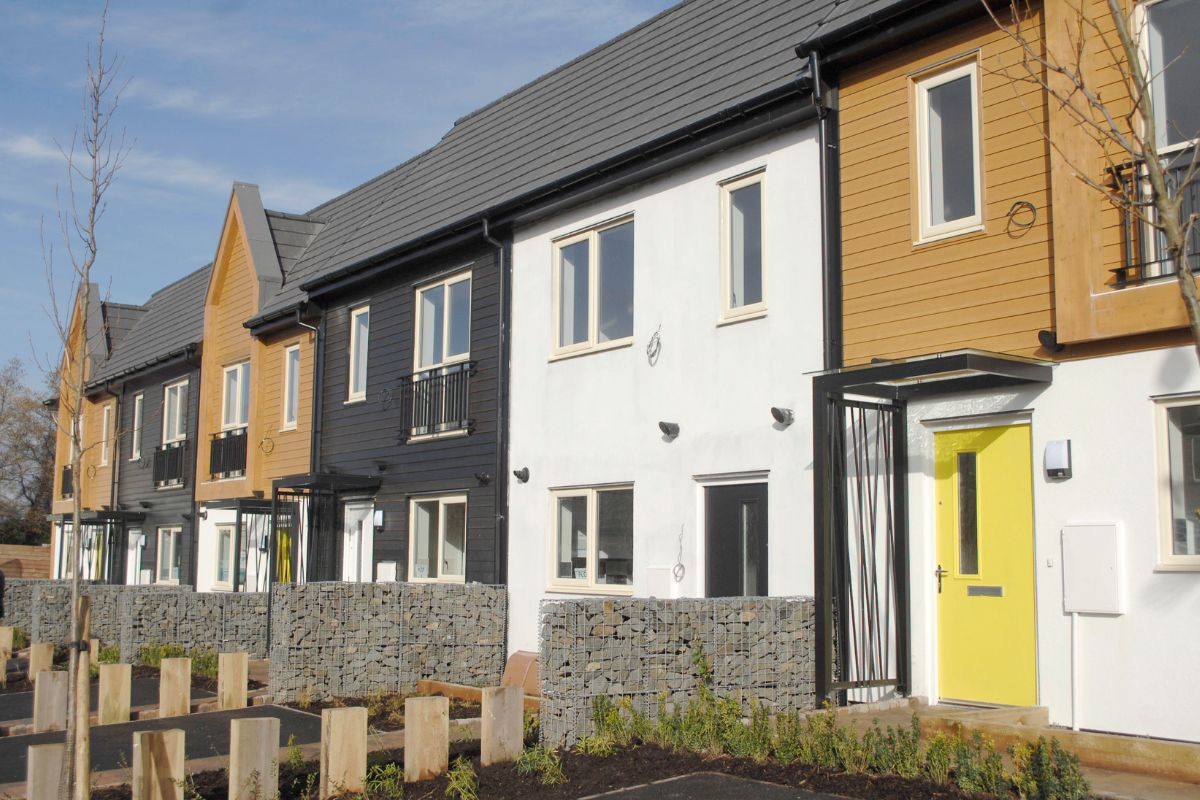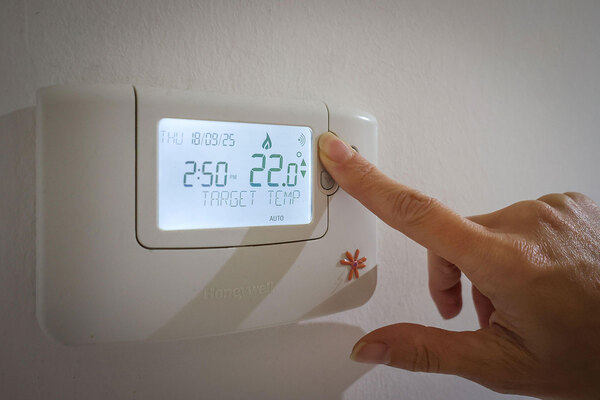Social housing providers encouraged to use framework duo for home upgrades in 2023
Housing associations and local authorities looking to drive down bills for residents on low incomes can benefit from two new frameworks to upgrade windows, doors and kitchens across their stock.
Making the swap to A or A++ rated windows and doors can save between £195 and £235 a year, as well as 330-405kg carbon dioxide.
Public sector construction framework provider LHC recently launched both its free-to-use Kitchens & Associated Products (K7) and PVC-U and Timber Windows and Doors (WD2) frameworks across England, Scotland and Wales.
To support public sector procurement teams in using the frameworks to source approved suppliers of kitchens, windows and doors, LHC has also released its WD2 Framework Guide and K7 Framework Guide – both also available from the organisation’s regional business hubs in Scotland, Wales and England.
Head of technical procurement Dean Fazackerley said:
“These are particularly important frameworks for housing associations and local authorities who deliver homes for the most vulnerable in society, as they are part of a parcel of measures organisations can use to improve the energy efficiency of social housing for residents who are most at risk of fuel poverty. After all, good glazing and doors can reduce heat lost to the outside, keep a home warmer and reduce energy bills.
While we’d always encourage social housing providers to use a whole house approach when retrofitting properties to improve energy efficiency and boost the EPC rating, better insulated, less drafty windows and doors and more efficient kitchen appliances can really start to quickly make a big difference to energy bills.”
Launched earlier in summer 2022, the £20 million K7 framework can be used through mini competition or direct award until 31 August 2026 and offers seven pre-approved kitchen manufacturers and suppliers delivering modern, accessible, inclusive, and sustainable kitchens to the public sector nationwide.
Not only open to social housing providers, K7 can be used by public sector organisations running care homes, sheltered housing and day care centres, as well as schools, healthcare settings and publicly owned buildings. It includes provision for new kitchen appliances, as well as ovens, microwave ovens, dishwashers, fridges, and fridge-freezers, plus integrated tumble dryers.
Meanwhile, LHC’s £66 million WD2 framework, also launched this summer, offers 11 FENSA-approved window and door suppliers providing end-to-end design services, plus capability to manufacture, supply and install of PVC-U, timber and aluminium-clad windows and doors – for residential and non-residential projects.
Live from 1 August 2022 until 31 July 2026, WD2 is worth up to £30 million in Scotland, £20 million in England and £16 million in Wales.
Both frameworks also include suppliers vetted for compliance with new Building Regulations Part L (conservation of fuel and power), Part O (overheating) and Part F (ventilation).
LHC’s hubs across England running K7 and WD2 include LHC London and South East, Consortium Procurement Construction (CPC) in the North and Midlands, and South West Procurement Alliance (SWPA), Scottish Procurement Alliance (SPA) in Scotland and Welsh Procurement Alliance (WPA) in Wales.
More information is available on both WD2 and K7 via the LHC website at www.lhc.gov.uk.
The appointed companies to K7 across England, Scotland and Wales are:
Benchmarx Kitchens & Joinery Ltd t/a Travis Perkins Trading Company Limited
- Joinery & Timber Creations (65) Ltd
- Magnet Kitchens
- Moores Furniture Group Limited
- Richmond Furniture Ltd
- Dennis & Robinson Ltd t/a Paula Rosa Manhattan
- City Building (Contracts) LLP
The appointed companies to WD2 across England, Scotland and Wales are:
- CCG (Scotland) Limited
- C R Smith Manufacturing Limited
- IDM Doors Limited
- Graham Holmes Astraseal Limited
- Nationwide Windows Limited
- SER Contractor Limited
- Sidey Solutions Limited
- Solar Windows Limited
- Sovereign Group Limited
- Specialist Building Contracting Limited
- The Window Company (Contracts) Limited



